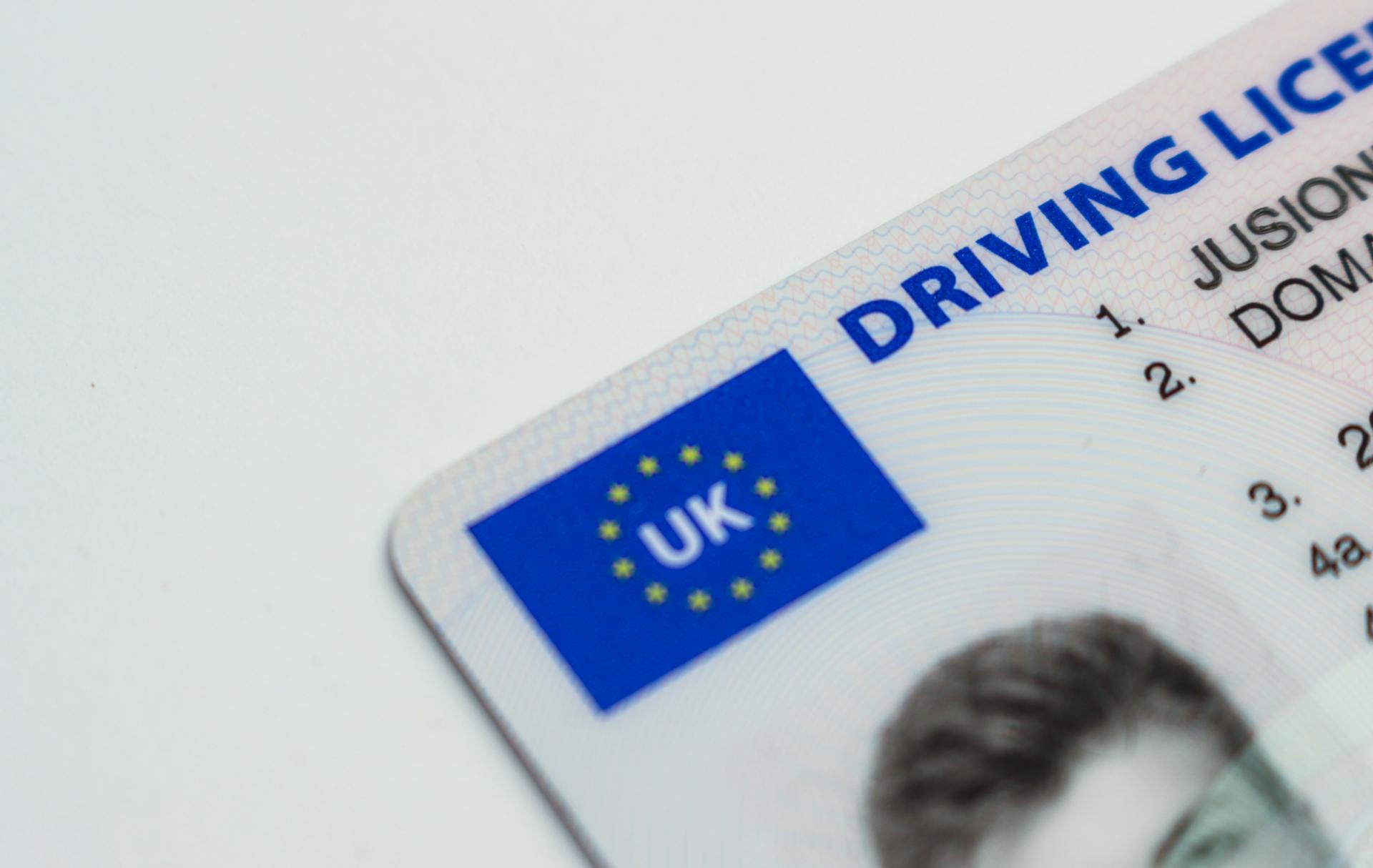If you’re settling in Geneva, one of the most important things to arrange early on is choosing a médecin traitant (GP), your main point of contact for all things health-related. In Switzerland, your family doctor plays a central role in your healthcare, especially if you have an insurance model that requires referrals to see specialists. Here’s how to get started.
Why it matters to have a médecin traitant (GP)
In Switzerland, a family doctor is more than just someone you see when you’re ill. They:
- Coordinate your overall care
- Maintain your medical history
- Refer you to specialists when needed
- Are often required for insurance models like the HMO or family doctor plans
Having a regular doctor can also make it easier to get timely appointments and access preventive care.
How to start your search
There are several ways to find a family doctor in Geneva:
- Check with your health insurance provider: most insurance companies have online directories of affiliated doctors. Some plans only cover visits to doctors within their network.
- Use the Geneva Medical Association website (AMGe)
 : their website lets you search for doctors by specialty, language, and location.
: their website lets you search for doctors by specialty, language, and location. - Ask for recommendations: talk to colleagues, neighbors, or other expats for referrals. Personal experiences can give you useful insights into a doctor’s approach and availability.
- Use onedoc.ch
 : this platform lets you search for doctors by specialty and location, view availability, and book appointments directly online. It’s especially helpful if you’re looking for someone with short-term availability.
: this platform lets you search for doctors by specialty and location, view availability, and book appointments directly online. It’s especially helpful if you’re looking for someone with short-term availability.
Unfortunately, many doctors in Geneva are not currently accepting new patients. This can make the process more time-consuming. If you’re struggling to find someone, you might consider contacting private clinics such as Hirslanden Clinique La Colline or Hôpital de La Tour
or Hôpital de La Tour , where it may be easier to find English-speaking general practitioners and specialists. However, make sure to verify that your health insurance covers care in these clinics, as not all plans do.
, where it may be easier to find English-speaking general practitioners and specialists. However, make sure to verify that your health insurance covers care in these clinics, as not all plans do.
What to expect at your first appointment
Your first consultation usually includes:
- A review of your medical history
- An overview of your vaccination records and any chronic conditions
- Setting up your file with the clinic or practice
Bring your insurance card, any relevant medical documents, and your vaccination booklet if you have one.
A note on availability
It may take time to find a doctor who is available and suits your needs. Be persistent, and don’t hesitate to try more than one practice. In the meantime, permanences médicales (walk-in clinics) can provide care for non-emergencies. If you live near a hospital, it’s also useful to know which one is closest in case of urgent care. You can find a list of hospitals and clinics within the Geneva emergency network at hug.ch/rug .
.
Get personalized guidance
Select an option above to learn more.
📅 Arrange a callback
Pick a TimeClick the button above to pick a time that suits you. I will call you to discuss your request and outline how I can best assist you, entirely without commitment.






